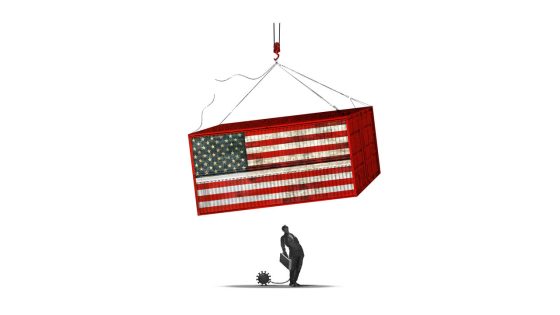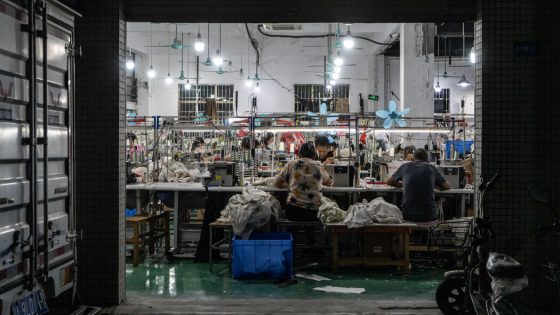The ongoing discussion around tariffs is reshaping the global economic landscape. As businesses grapple with unpredictable costs, the impact of tariffs is becoming a central concern for many. On May 7, 2025, reports highlighted how these tariffs differ significantly from the disruptions caused by COVID-19.
- Tariff impacts differ from COVID-19 effects.
- Trump's tariffs disrupt business predictions.
- Companies express concern about future stability.
- Earnings calls highlight focus on tariffs.
- U.S. tariffs' effects on businesses are under scrutiny.
Recent articles from major outlets like The Economist and NBC News emphasize that Trump’s tariffs are creating a chaotic environment for businesses trying to forecast their future. Companies are increasingly voicing their worries during earnings calls, with the word “tariffs” becoming a frequent mention.
This raises a crucial question: how will companies adapt to these challenges? As tariffs fluctuate, businesses must innovate to remain competitive. The following points illustrate the global ramifications:
- Increased costs may lead to higher consumer prices across regions.
- Supply chains are being re-evaluated, impacting trade relationships.
- Businesses in emerging markets face heightened risks from tariff changes.
- Investment strategies are shifting as companies seek stability amidst uncertainty.
Looking ahead, businesses must remain agile and proactive in navigating these tariff-related challenges. Engaging in dialogue and sharing insights could be crucial for finding solutions that benefit all stakeholders in the global market.

































